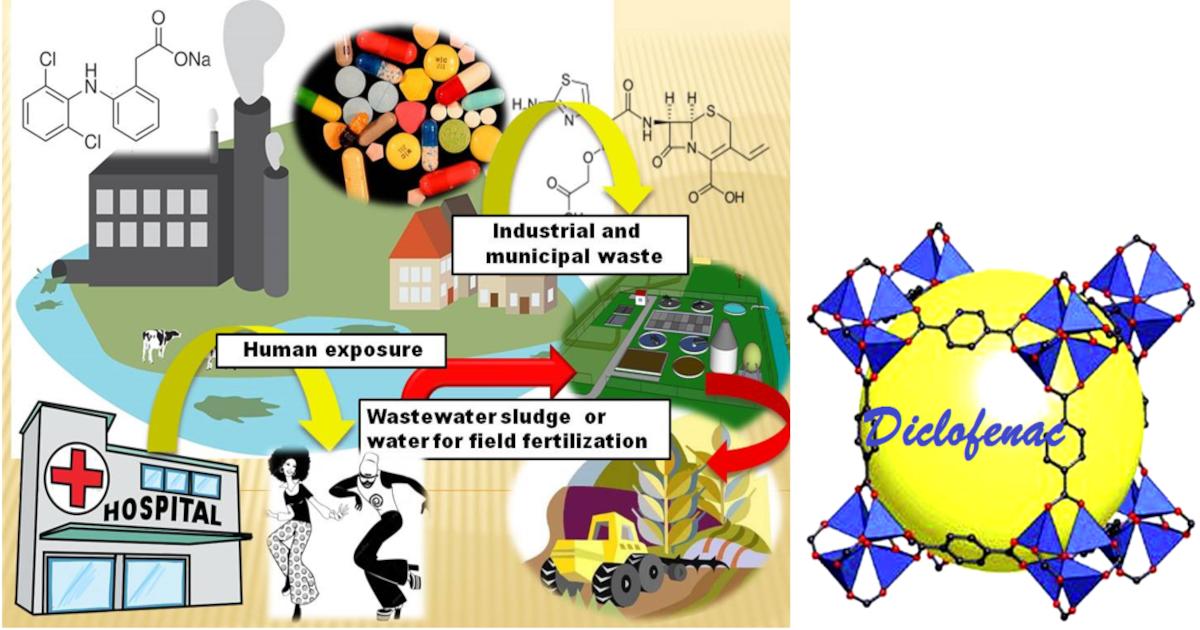- 2.8Impact Factor
- 5.5CiteScore
- 16 daysTime to First Decision
Advances in Wastewater and Solid Waste Treatment Processes
This special issue belongs to the section “Environmental and Green Processes“.
Special Issue Information
Dear Colleagues,
Mankind is currently facing urgent challenges in meeting rising demands for clean water as the available supplies of freshwater are decreasing due to population growth and extended water pollution. This also includes inadequate water treatment infrastructure due to global climate change and increasing consumption of ultrahigh-quality water from various modern and sophisticated industrial branches. The protection of water treatment systems against potential chemical and biological contamination, in the time of increasing diversity, is also becoming a critical issue in water resources planning. Environmental requirements are becoming of great importance in today´s society, since there is an increased interest in the industrial use of renewable resources. Biomimetics and bioinspiration is one of the most progressive, recently developed sciences, which deals with nature and living systems in order to provide sustainable life for future generations. With a more complex insight into living organisms and an understanding of their functions, the ability to mimic nature has increased dramatically over several decades and, thus, nature-driven solutions have brought technological progress to a higher level. Nevertheless, the above-mentioned discipline offers then a substantial scientific portfolio for the development of current material chemistry, specifically for novel nanoscale adsorbent synthesis. It is supposed that basic constructional processes of matter like biomineralisation, biomimetics, supramolecular preorganisation or interfacial molecular recognition (templating), and other recent techniques and new advanced nanomaterials contribute to a certain portfolio for potential Green Synthesis or Processing of the future. Moreover, there is a gradual insistence that clean industrial production, water reuse and solid waste recycling can provide sustainable living for the next generations.
Municipal solid waste (MSW) management can be defined as the discipline associated with the generation, storage, collection, transfer, processing, and disposal of MSW, in a way which is governed by the best principles of public health, economics, engineering, aesthetics, and other environmental considerations. Waste utilization management is explored in the context of the dominant principle of the circular economy: waste should be processed into secondary resources, reducing environmental risks. It is emphasized that separate waste collection is an important condition for creating a responsible "garbage culture" in society. Secondary methods (recycling) are the next stage, with mechanical, chemical, and thermal techniques used on the waste for processing in order to obtain an usable end result.
The main objective of the contributions for this Special Issue of Processes is to provide a view of the state of the art and the future prospects of Green Synthesis (Processing), with special emphasis on environmentally friendly, biocompatible nanoadsorbents and using natural renewable products or resources in order to support their valorization in environmental protection and sustainable development.
Prof. Dr. Eva Chmielewská
Prof. Dr. Craig Williams
Guest Editors
Manuscript Submission Information
Manuscripts should be submitted online at www.mdpi.com by registering and logging in to this website. Once you are registered, click here to go to the submission form. Manuscripts can be submitted until the deadline. All submissions that pass pre-check are peer-reviewed. Accepted papers will be published continuously in the journal (as soon as accepted) and will be listed together on the special issue website. Research articles, review articles as well as short communications are invited. For planned papers, a title and short abstract (about 250 words) can be sent to the Editorial Office for assessment.
Submitted manuscripts should not have been published previously, nor be under consideration for publication elsewhere (except conference proceedings papers). All manuscripts are thoroughly refereed through a single-blind peer-review process. A guide for authors and other relevant information for submission of manuscripts is available on the Instructions for Authors page. Processes is an international peer-reviewed open access monthly journal published by MDPI.
Please visit the Instructions for Authors page before submitting a manuscript. The Article Processing Charge (APC) for publication in this open access journal is 2400 CHF (Swiss Francs). Submitted papers should be well formatted and use good English. Authors may use MDPI's English editing service prior to publication or during author revisions.
Keywords
- bioinspiration and biomimetics
- sustainable life
- reuse and recycling of water and human goods
- green processing
- nanomaterials
- circular economy

Benefits of Publishing in a Special Issue
- Ease of navigation: Grouping papers by topic helps scholars navigate broad scope journals more efficiently.
- Greater discoverability: Special Issues support the reach and impact of scientific research. Articles in Special Issues are more discoverable and cited more frequently.
- Expansion of research network: Special Issues facilitate connections among authors, fostering scientific collaborations.
- External promotion: Articles in Special Issues are often promoted through the journal's social media, increasing their visibility.
- e-Book format: Special Issues with more than 10 articles can be published as dedicated e-books, ensuring wide and rapid dissemination.

